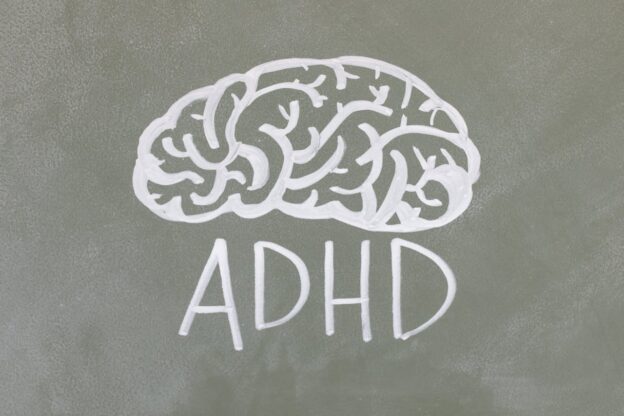Recovery can feel confusing when emotions seem harder than cravings. Many people blame themselves when progress feels slow. Still, common mental health disorders often play a larger role than you may realize. Anxiety, depression, or trauma can shape how addiction starts and how recovery feels day to day. Because of this, treatment that ignores mental health often falls short. When symptoms stay untreated, stress builds and relapse risk grows. At the same time, support that addresses both issues can change everything. You deserve care that looks at the full picture, not just substance use. Help is available, and it can feel steady and realistic. A trusted West Virginia treatment center can offer therapy and rehab that work together. With the right care, recovery becomes clearer, safer, and more possible.













